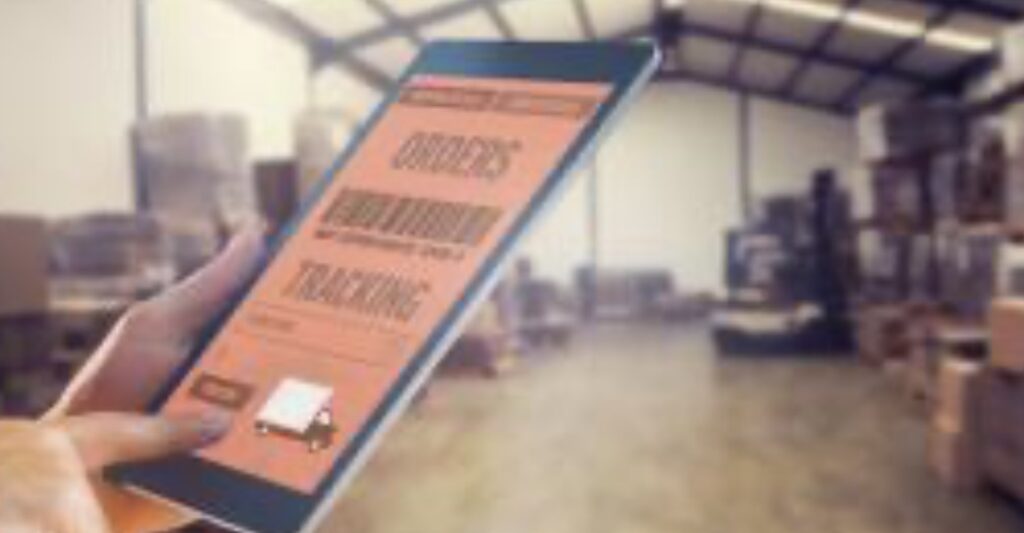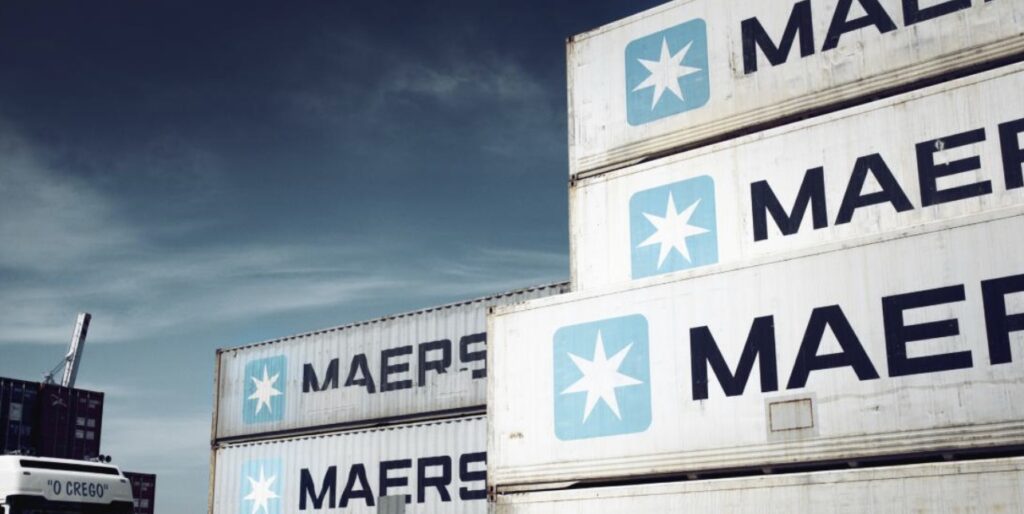In 2022 we saw supply chain & customs visibility, not only being possible, but a prioritized demand from our customers. We saw customs advisory services evolve to Strategic Customs Planning, creating integrated solutions from origin to destination. Global Trade 2.0 is here.
Trusted Trade Lanes with visibility, digital data pipeline support & goods tracking are comlng – in fact they are already here.
Standards & harmonization accelerates digitalization.

The announcement at the end of last year that UNCEFACT has developed a new international standard for tracking of goods in complex supply chains is another example on the emerging Global Trade 2.0 paradigm.
In today’s globalized economy, goods move through complex supply chains and cross borders – often numerous times, which involves multifaceted interactions among a variety of suppliers and trade actors. The COVID-19 pandemic and the war in Ukraine have brought to light the challenges of supply chain disruptions.
”This new standard is a critically important step forward to support end-to-end monitoring of sustainable global supply chains,”
Sue Probert, Chairperson UN/CEFACT
Today, the granularity of tracking is primarily focused on the means of transport or transport equipment as trackable transport assets, in which the traded goods are placed (e.g. a good is tracked as part of the container, in which it is being shipped). It is often thought that if the location of the trackable transport asset is known, the information about the location of traded goods is included therein. However, this is not a one-to-one relationship. And, the relationship may vary over time, considering that goods may be consolidated, split, deconsolidated, or re-combined at waypoints during the transport journey.
Through its UN/CEFACT Track and Trace Standard for Multi-Modal Transport, UNECE helps to shed light on the key question of “where are my goods?” This question arises frequently, as goods move along multiple steps in supply chains between the seller and the buyer.
To read the article for UNECE, click here: UNCEFACT: a new international standard to improve tracking of goods across complex supply chains
To help countries benchmark and reduce the time and cost of trading across border, the UN Regional Commissions jointly conduct the UN Global Survey on Digital and Sustainable Trade Facilitation. The Survey currently covers 143 economies around the globe, and 58 measures related to the WTO’s Trade Facilitation Agreement (TFA), as well as emerging regional and global initiatives on paperless trade or e-trade, such as the recent Framework Agreement on Facilitation of Cross-Border Paperless Trade in Asia and the Pacific (CPTA). The Survey leads to the production of a Global Report and five Regional Reports, which aim at providing insightful information for policy makers to harness trade as a key means of implementation of the 2030 Agenda for Sustainable Development. The Survey is conducted in collaboration with growing number of global and regional partners, since 2015 and every two years. On this website you can visualize the results – please make a selection:
can visualize the results – please make a selection:

Visualize Global Results
Get an overview of global survey results on chart or map, with the option to narrow down on specific regions.

Visualize Regional Results
Select a geographic region / regional UN Commission and display regional & sub-regional results.

Visualize Country Results
Select any economy of interest and get a detailed overview of trade facilitation & paperless trade implementation.

Compare Economies
Compare a selection of economies on implementation of trade facilitation & paperless trade measures.

Compare Measure Implementation
Get an insight into most and least implemented measures within a selection of economies of interest.

Download the Report
Download the global and regional UN Global Survey reports, as well as individual economy briefs.
Source:UNCTAD
In times of crises, you have to stand the test. This is one of the ways we contribute.

We (Maersk) are donating around 1,000 shipping containers to Türkiye to help those in need affected by the massive earthquake that hit Syria and Türkiye on February 6., all in close coordination with the State Disaster and Emergency Management Authority (AFAD) of Türkiye.
The containers are already being converted into container houses.
You can read more here: Maersk donates containers to serve as temporary housing for earthquake victims






You must be logged in to post a comment.